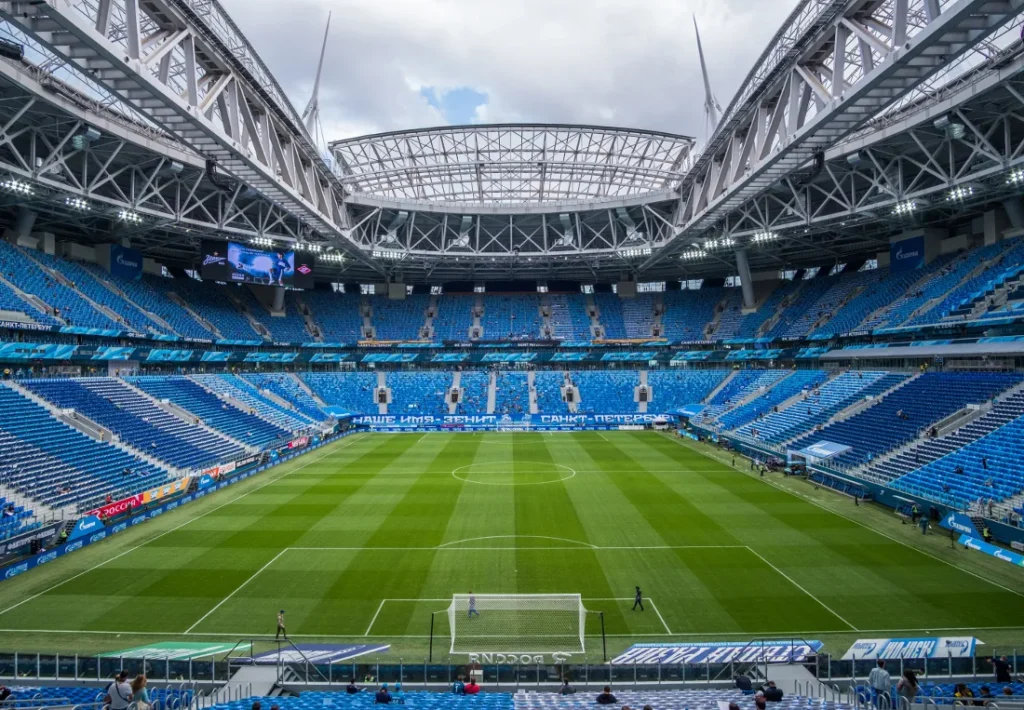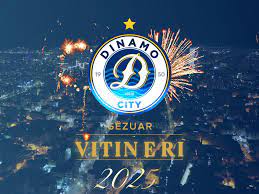
Krestovsky Stadium
Krestovsky Stadium is not simply a sports venue; it’s an integral part of Saint Petersburg’s cultural identity and Russia’s international image. It hosts a wide spectrum of activities, from football matches to cultural festivals, and plays a pivotal role in promoting tourism and local development.
Football and International Krestovsky Stadium
Primarily built to host football, the stadium is the home ground for FC Zenit Saint Petersburg, one of Russia’s premier football clubs. The stadium’s modern facilities have significantly improved game-day experiences, elevating the club’s stature domestically and internationally. The venue’s state-of-the-art turf, superb sightlines, and advanced sound systems contribute to a highly immersive experience for spectators and players vuabet88.
Beyond club football, the stadium gained international recognition by hosting matches during the 2018 FIFA World Cup. The tournament drew enormous global attention, showcasing Russia’s capacity to organize large-scale sporting events efficiently. The success of this event cemented Krestovsky Stadium’s reputation as a premier sporting arena capable of meeting the highest standards.
Hosting Cultural and Entertainment Events
Krestovsky Stadium’s versatility also extends to concerts, festivals, and cultural gatherings. Its vast capacity allows for large-scale international music concerts, drawing global icons and millions of fans. Events like the Saint Petersburg International Cultural Festival utilize the stadium’s expansive space, integrating sports with arts and cultural expression.
This ability to serve multiple functions enhances the stadium’s economic impact, encouraging tourism, and stimulating local businesses. The transformation of the stadium into a multi-purpose venue exemplifies modern trends in stadium design, where functionality is prioritized alongside architectural marvel.
Socioeconomic and Urban Development Impact
The stadium’s construction and subsequent events have significantly impacted the local economy. Infrastructure improvements—such as transportation hubs, hotels, and retail outlets—have emerged around the stadium, boosting employment and urban renewal efforts.
Moreover, the local community sees Krestovsky Stadium as a source of pride and identity. The shared experience of world-class events fosters community engagement and international visibility. Initiatives to incorporate local culture into event programming further strengthen its role as a cultural beacon.
The city’s strategic development plan leverages the stadium’s presence to promote Saint Petersburg as a top-tier tourist destination, blending historical richness with modern innovation. The stadium is thus a catalyst for sustainable urban growth, illustrating how sports infrastructure can serve wider socioeconomic objectives.


